Medicinal herbs have been used for centuries to treat various ailments, harnessing the power of nature’s own pharmacy. From promoting overall well-being to alleviating specific conditions, these natural remedies are experiencing a resurgence in popularity and are worth exploring in more depth. In this article, we will delve into some of the most powerful and versatile medicinal herbs available today. 1. Turmeric: Turmeric, a vibrant golden spice commonly found in Indian cuisine, contains curcumin, a compound renowned for its potent anti-inflammatory properties.
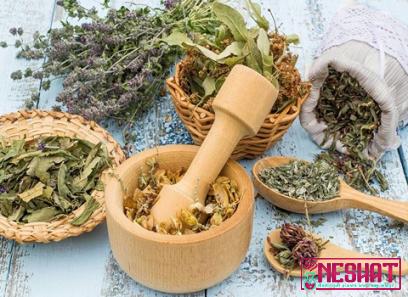
.
 This herb has been used for centuries in traditional Ayurvedic medicine to address various conditions, ranging from digestive issues to joint pain. Modern research indicates that turmeric may also have potential anti-cancer properties and aid in managing conditions such as diabetes and Alzheimer’s disease. 2. Ginger: Known for its distinct spicy flavor, ginger has long been revered for its medicinal properties. This versatile herb is prized for its ability to soothe digestive discomfort, reduce inflammation, and alleviate nausea. Ginger’s anti-inflammatory properties make it an excellent choice for individuals suffering from osteoarthritis or muscle soreness. Furthermore, ginger has shown promising effects in reducing menstrual pain for women.
This herb has been used for centuries in traditional Ayurvedic medicine to address various conditions, ranging from digestive issues to joint pain. Modern research indicates that turmeric may also have potential anti-cancer properties and aid in managing conditions such as diabetes and Alzheimer’s disease. 2. Ginger: Known for its distinct spicy flavor, ginger has long been revered for its medicinal properties. This versatile herb is prized for its ability to soothe digestive discomfort, reduce inflammation, and alleviate nausea. Ginger’s anti-inflammatory properties make it an excellent choice for individuals suffering from osteoarthritis or muscle soreness. Furthermore, ginger has shown promising effects in reducing menstrual pain for women.
..
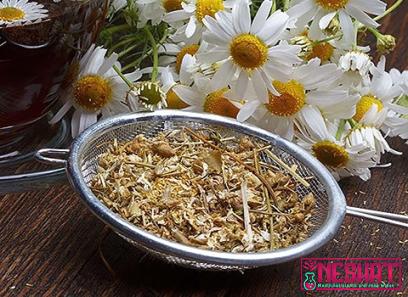 3. Garlic: Garlic, a staple in many kitchens around the world, is more than just a flavorful addition to your favorite dishes. Allicin, a compound found in garlic, is attributed with antibacterial and antiviral properties. Regular garlic consumption may help boost the immune system, reduce blood pressure, and lower cholesterol levels. It has also been investigated for its potential role in fighting cancer cells and promoting heart health. 4. Echinacea: Echinacea is a powerful herb commonly used to support immune function. This flowering plant has gained popularity for its ability to reduce the duration and severity of cold and flu symptoms, as well as to boost the body’s natural defenses against viruses and bacteria. Echinacea can be consumed in various forms, including teas, tinctures, and supplements, making it easily accessible to those seeking to strengthen their immune system.
3. Garlic: Garlic, a staple in many kitchens around the world, is more than just a flavorful addition to your favorite dishes. Allicin, a compound found in garlic, is attributed with antibacterial and antiviral properties. Regular garlic consumption may help boost the immune system, reduce blood pressure, and lower cholesterol levels. It has also been investigated for its potential role in fighting cancer cells and promoting heart health. 4. Echinacea: Echinacea is a powerful herb commonly used to support immune function. This flowering plant has gained popularity for its ability to reduce the duration and severity of cold and flu symptoms, as well as to boost the body’s natural defenses against viruses and bacteria. Echinacea can be consumed in various forms, including teas, tinctures, and supplements, making it easily accessible to those seeking to strengthen their immune system.
…
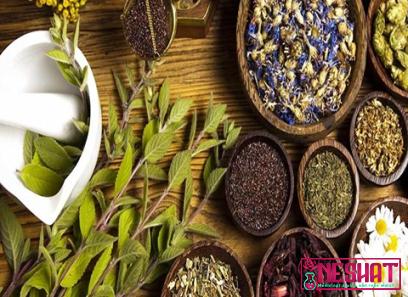 5. St. John’s Wort: St. John’s Wort is a bright yellow flowering plant that has been used for centuries to address symptoms of anxiety, depression, and seasonal affective disorder (SAD). This herb is believed to work by increasing serotonin levels in the brain, offering mild relief from mild-to-moderate depression. However, it’s important to note that St. John’s Wort can interact with certain medications, so consulting with a healthcare professional is recommended before use. Conclusion: As our understanding of medicinal herbs continues to evolve, it becomes increasingly clear that nature’s resources have much to offer in terms of holistic healthcare. Turmeric, ginger, garlic, echinacea, and St. John’s Wort represent just a few of the many potent herbs available for promoting well-being and managing various health conditions. However, it’s essential to use these herbs responsibly and seek guidance from healthcare professionals as needed. By incorporating these powerful natural remedies into our lives, we can tap into the transformative potential of medicinal herbs and embrace a more balanced approach to our well-being.
5. St. John’s Wort: St. John’s Wort is a bright yellow flowering plant that has been used for centuries to address symptoms of anxiety, depression, and seasonal affective disorder (SAD). This herb is believed to work by increasing serotonin levels in the brain, offering mild relief from mild-to-moderate depression. However, it’s important to note that St. John’s Wort can interact with certain medications, so consulting with a healthcare professional is recommended before use. Conclusion: As our understanding of medicinal herbs continues to evolve, it becomes increasingly clear that nature’s resources have much to offer in terms of holistic healthcare. Turmeric, ginger, garlic, echinacea, and St. John’s Wort represent just a few of the many potent herbs available for promoting well-being and managing various health conditions. However, it’s essential to use these herbs responsibly and seek guidance from healthcare professionals as needed. By incorporating these powerful natural remedies into our lives, we can tap into the transformative potential of medicinal herbs and embrace a more balanced approach to our well-being.
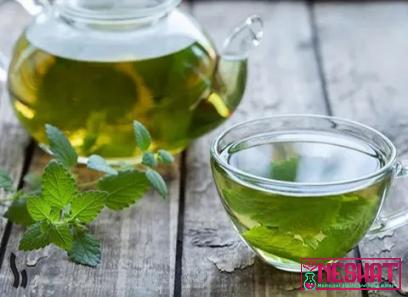
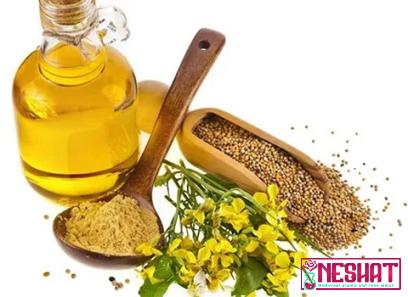
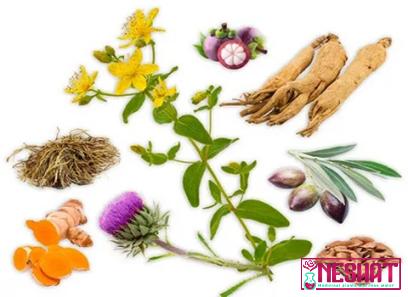
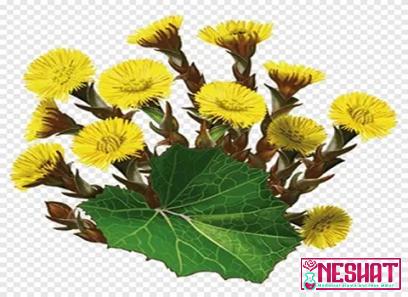
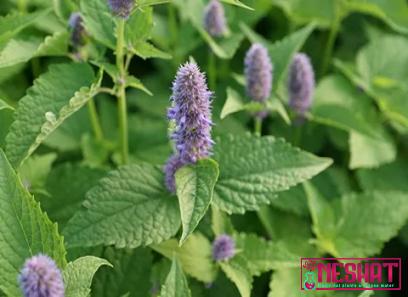
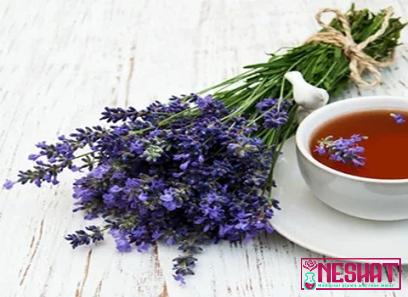
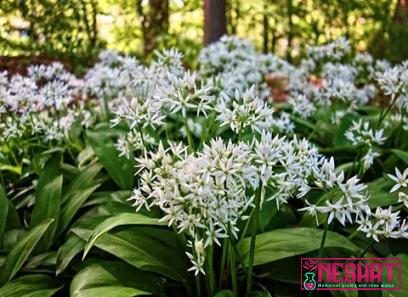
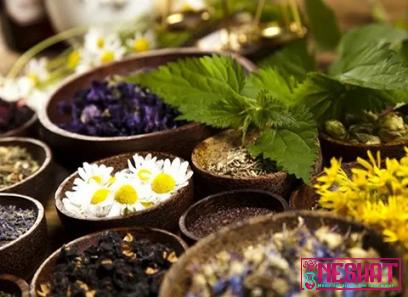
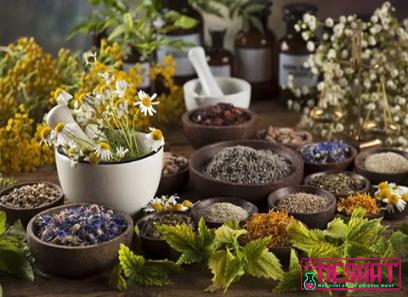
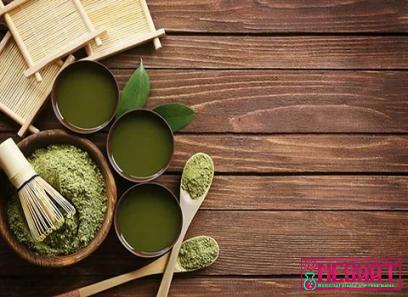
Your comment submitted.